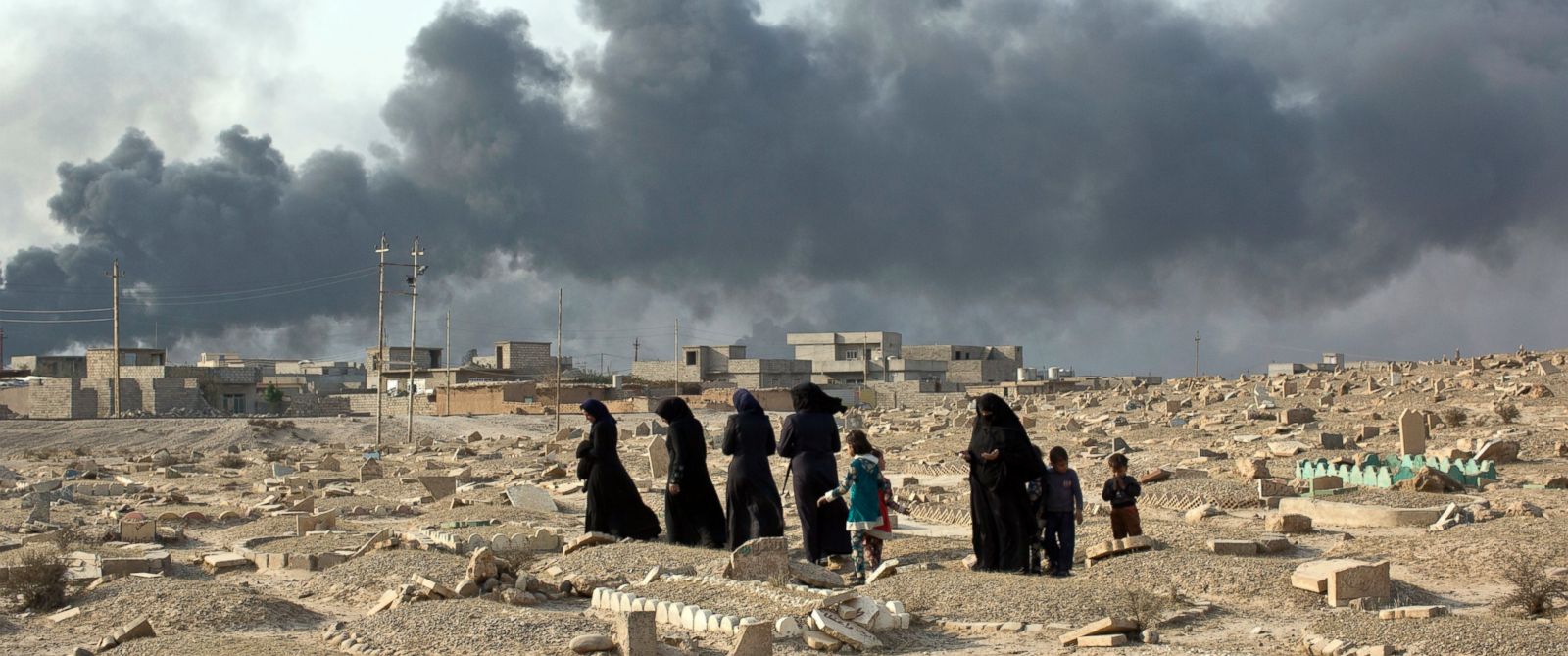By Sarah Lafen
Impunity Watch Desk Reporter, Europe
KIEV, Ukraine — As part of an anti-corruption reform, thousands of senior Ukrainian political officials were required to declare expensive possessions and assets held in their own and their families’ names in a public online database, revealing much higher levels of wealth than expected. The system for declaring these assets was developed based on the guidelines of the United Nations Development Programme (UNDP).
Officials claimed everything from Fabergé eggs, to a fleet of luxury cars, to a collection of expensive watches, to large pieces of land. One official claimed to own his own personal church, and another claimed ownership over 1,780 bottles of wine. The Ukrainian Prime Minister, Volodymyr Groysman, declared $1.2 million. 24 members of the Ukrainian cabinet have a combined $7 million in cash alone. The average salary in Ukraine is just over $200 per month.
Current Ukrainian President, Petro Poroshenko, is a billionaire himself however has promised to set forth a more transparent type of politics. Poroshenko called the public declarations of wealth “a truly historic event of openness and transparency.” Anders Fogh Rasmussen, adviser to Poroshenko, believes that the declaration “is of paramount importance and all of Europe should take notice and applaud this important step.” Kristina Berdynskyh, a journalist who specializes on corruption among the elite, said that it is amazing how much information has been released.
Critics of the declaration and Poroshenko’s goal say that the reform of the Ukrainian political system has stalled, and the government has made little effort to actually transform Ukrainian politics. One Ukrainian reporter referred to the Ukrainian officials as “moral degenerates.” Roman Donik, a volunteer soldier to the Ukrainian troops, expressed in a Facebook post that he “had no illusions about our political and official elite. But all the same, what’s come out is beyond the pale.”
Now that the declarations have been disclosed, the anti-corruption agency will begin to verify and investigate. Many will look to see how the authorities will handle the results, however, as over 100,000 forms were submitted. The Ukrainian UNDP director Janthomas Hiemstra assured that “[t]he international community, including the U.N., will be behind Ukraine in these next steps because the e-declaration is only the first step. What comes after is maybe even more difficult.”
For more information, please see:
Reuters — Ukrainians Shocked as Politicians Declare Vast Wealth — 31 October 2016
The Washington Post — Ukrainian Officials Disclose their Wealth in e-Declarations — 31 October 2016








